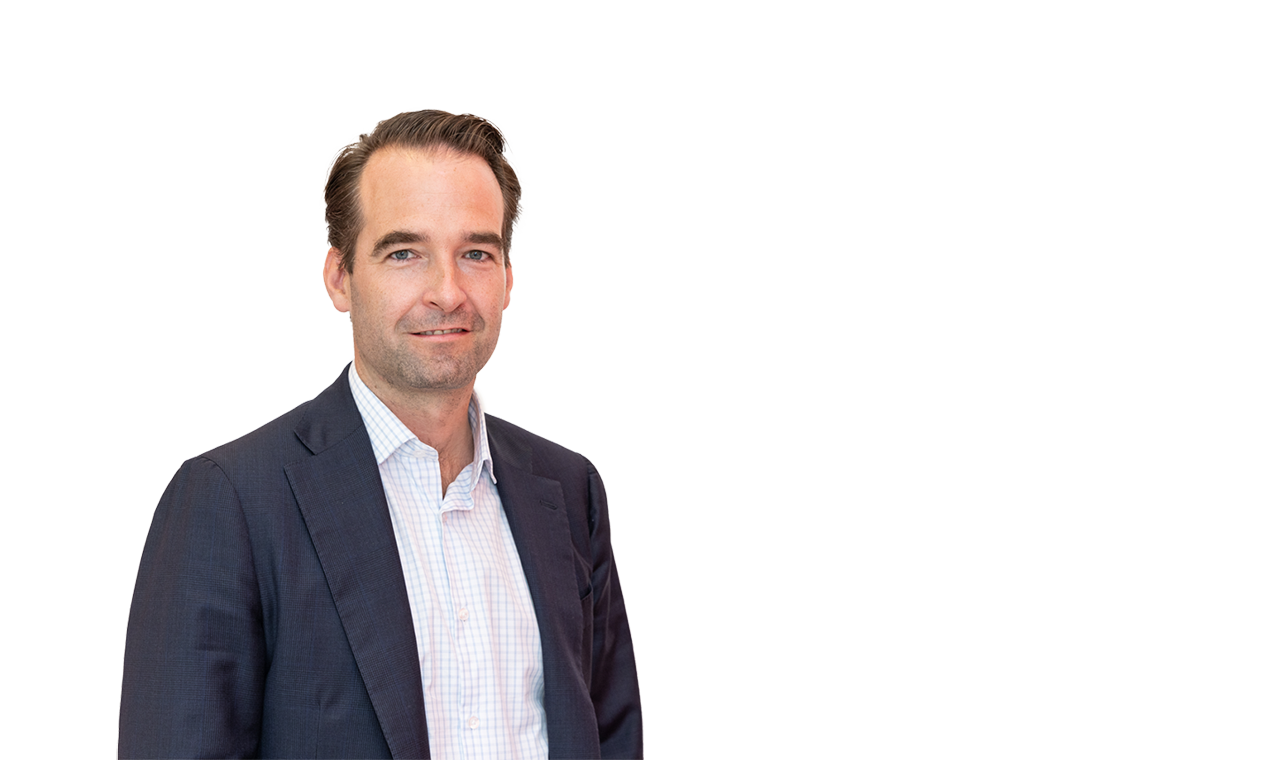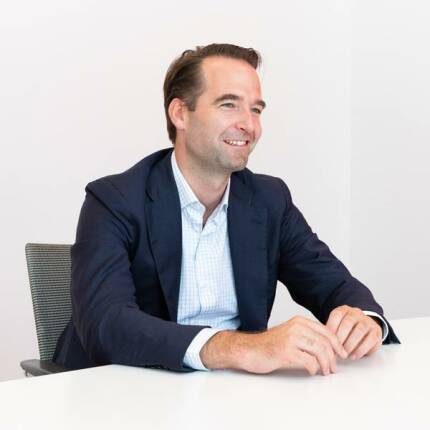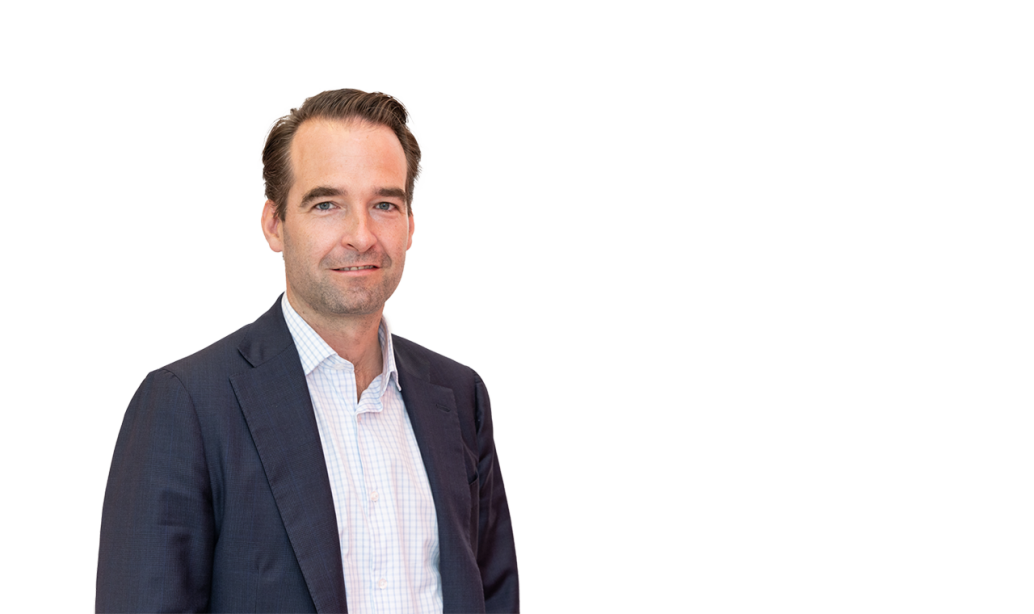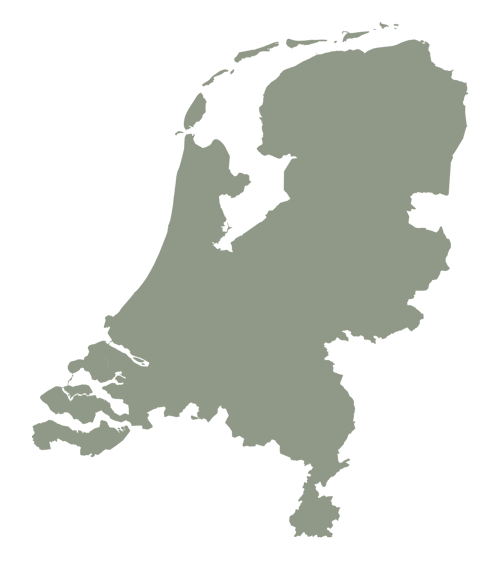De Heus is a Dutch family business that knows the agricultural sector like no other. Paul Damen (Managing Director De Heus Voeders) and Hanneke Septer (Learning & Development manager Netherlands) give their views on developments within the sector.


Due to several factors, the sector is in the midst of change. Politics exerts pressure, climate change plays a role and the increasing world population also leaves its mark.
Paul explains: “With the growing world population, the demand for food is also rising. Due to urbanisation, with relatively fewer and fewer people in the countryside, more and more needs to be produced for people in the cities. At the same time, you see different countries experiencing pressure from politics, our country is no exception. Due to climate change, you see that in certain areas other products are produced. For instance, we see more frequent extreme weather which can lead to crop failures in various places around the world.”
Also changing, Paul adds, are consumer preferences. Ready-made food, eating out, plant-based protein, changing demand requires flexibility within the sector to adapt to that.
“It requires you as an employee, and also as a company, to continuously develop to adapt yourself to that. The nature of work is changing rapidly and complexity is increasing. It is therefore hugely important to bring your people into that and prepare them for it, which you do by training them well.”
For some time now, De Heus has been working with Aeres Training Centre International to provide this training and deepening to their staff. Hanneke: “In their first year, our operators visit the pilot plant in Barneveld where Hans Vink and Roy Marissen, among others, teach them the expert tricks of the trade. ATCI has subject-specific knowledge and the ability to train very much from practice. Take the feedmill for example, you can gain very valuable knowledge there as a student.”
That feedmill is a special and unique training opportunity where one gains practical experience in compound feed production. “There have also been international colleagues on training there. And when I then look at Aeres and De Heus, I see a huge similarity in the importance of knowledge sharing. That applies to people all over the world, but also here in the Netherlands. When our operators go on training, they also see operators from other factories. That’s where essential knowledge sharing takes place. They exchange experiences. And that is on a small scale, but invaluable,” says Hanneke.
Both ATCI and De Heus are Dutch companies that operate all over the world. It makes them look beyond their country’s borders and see plenty of change in the sector not only in the Netherlands, but also worldwide. “What is paramount is that the same goal is being pursued everywhere,” states Paul. “We are all, all over the world, looking for ways in which we can improve the sector. But there are big differences between countries and continents. You could say we are all at a different stage. Also, some countries have different challenges than others. As headquarters, here in the Netherlands, you can ask yourself how to deal with that. Are you going to have one uniform policy or process everywhere or are you going to adapt to the culture in each country. That is an interesting question. I think it is especially important to ensure connection. “ Hanneke adds: “Precisely because you are in different stages, knowledge sharing is very important. By sharing well with each other what we know, in the different professional fields, we stay connected. So we are constantly looking for ways to keep doing that.”
If you ask Paul, it is a turbulent, but also a very beautiful time within the industry. “We are in the midst of the challenges posed by the rapidly changing world. Think of population growth, climate change, urbanisation. More than ever, the current generation is looking for a job where they can make a difference, have an impact and change the world a bit. Within the food production sector, this is possible. I therefore see it as a great task for De Heus, but also for the sector in general, to inspire people with great stories from practice. Attracting good people who have passion for the sector, that’s what we have to keep working on!”

”
De Heus has a rich history. This company was founded in 1911, in Barneveld.
”
De Heus has as many as over 10,000 employees.
”
From a Dutch family business, De Heus grew to operate in more than 50 countries.
The Netherlands as a model country
Students from all over the world travel to Barneveld to learn the intricacies of the profession here. A company like De Heus, which has its roots in the Netherlands, is active all over the world. That is quite special. The Netherlands is a small country, but big in this sector. “We are actually a kind of guide country, for numerous other countries,” Paul says. “From all over the world people look at how the Netherlands is doing. So it’s pretty crooked that things are so messy politically right now. I really think that if all countries would approach it the way we do, a world would be won. That is of course very beautiful and I think that is something we should also be proud of. We should be proud of that!”

De Heus is a Dutch family business that knows the agricultural sector like no other. Paul Damen (Managing Director De Heus Voeders) and Hanneke Septer (Learning & Development manager Netherlands) give their views on developments within the sector.


Due to several factors, the sector is in the midst of change. Politics exerts pressure, climate change plays a role and the increasing world population also leaves its mark.

The Netherlands as a model country
Students from all over the world travel to Barneveld to learn the intricacies of the profession here. A company like De Heus, which has its roots in the Netherlands, is active all over the world. That is quite special. The Netherlands is a small country, but big in this sector. “We are actually a kind of guide country, for numerous other countries,” Paul says. “From all over the world people look at how the Netherlands is doing. So it’s pretty crooked that things are so messy politically right now. I really think that if all countries would approach it the way we do, a world would be won. That is of course very beautiful and I think that is something we should also be proud of. We should be proud of that!”
”
De Heus has as many as over 10,000 employees.

”
From a Dutch family business, De Heus grew to operate in more than 50 countries.
”
De Heus has a rich history. This company was founded in 1911, in Barneveld.
Paul explains: “With the growing world population, the demand for food is also rising. Due to urbanisation, with relatively fewer and fewer people in the countryside, more and more needs to be produced for people in the cities. At the same time, you see different countries experiencing pressure from politics, our country is no exception. Due to climate change, you see that in certain areas other products are produced. For instance, we see more frequent extreme weather which can lead to crop failures in various places around the world.”
Also changing, Paul adds, are consumer preferences. Ready-made food, eating out, plant-based protein, changing demand requires flexibility within the sector to adapt to that.
“It requires you as an employee, and also as a company, to continuously develop to adapt yourself to that. The nature of work is changing rapidly and complexity is increasing. It is therefore hugely important to bring your people into that and prepare them for it, which you do by training them well.”
For some time now, De Heus has been working with Aeres Training Centre International to provide this training and deepening to their staff. Hanneke: “In their first year, our operators visit the pilot plant in Barneveld where Hans Vink and Roy Marissen, among others, teach them the expert tricks of the trade. ATCI has subject-specific knowledge and the ability to train very much from practice. Take the feedmill for example, you can gain very valuable knowledge there as a student.”
That feedmill is a special and unique training opportunity where one gains practical experience in compound feed production. “There have also been international colleagues on training there. And when I then look at Aeres and De Heus, I see a huge similarity in the importance of knowledge sharing. That applies to people all over the world, but also here in the Netherlands. When our operators go on training, they also see operators from other factories. That’s where essential knowledge sharing takes place. They exchange experiences. And that is on a small scale, but invaluable,” says Hanneke.
Both ATCI and De Heus are Dutch companies that operate all over the world. It makes them look beyond their country’s borders and see plenty of change in the sector not only in the Netherlands, but also worldwide. “What is paramount is that the same goal is being pursued everywhere,” states Paul. “We are all, all over the world, looking for ways in which we can improve the sector. But there are big differences between countries and continents. You could say we are all at a different stage. Also, some countries have different challenges than others. As headquarters, here in the Netherlands, you can ask yourself how to deal with that. Are you going to have one uniform policy or process everywhere or are you going to adapt to the culture in each country. That is an interesting question. I think it is especially important to ensure connection. “ Hanneke adds: “Precisely because you are in different stages, knowledge sharing is very important. By sharing well with each other what we know, in the different professional fields, we stay connected. So we are constantly looking for ways to keep doing that.”
If you ask Paul, it is a turbulent, but also a very beautiful time within the industry. “We are in the midst of the challenges posed by the rapidly changing world. Think of population growth, climate change, urbanisation. More than ever, the current generation is looking for a job where they can make a difference, have an impact and change the world a bit. Within the food production sector, this is possible. I therefore see it as a great task for De Heus, but also for the sector in general, to inspire people with great stories from practice. Attracting good people who have passion for the sector, that’s what we have to keep working on!”